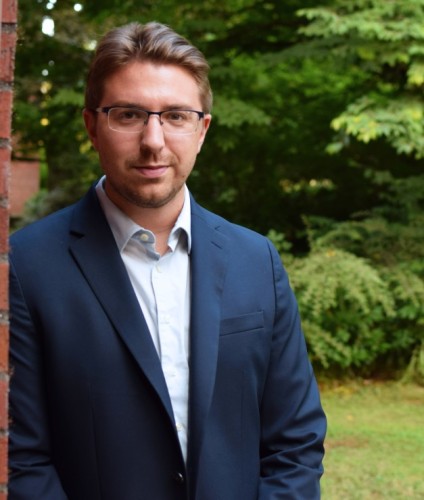
Nicholas Theis joined Kenyon’s Department of Sociology in July 2024. His research broaches questions across several areas, including environmental sociology, world-systems analysis, rural issues, scientific knowledge production and research methods. Generally, he is interested in (1) using quantitative methods to understand the intersection of social inequalities and environmental change across scales, (2) innovating research areas by applying novel methods to well-studied questions, and (3) analyzing the relationship between rural identities and environmental problems and decision-making.
Theis’s courses focus on the social dimensions of power and inequality, environmental problems, rural issues and research methods.
Areas of Expertise
Environmental sociology, rural sociology, sociology of science, research methods
Education
2024 — Doctor of Philosophy from University of Oregon
2019 — Master of Science from University of Oregon
2016 — Bachelor of Science from University of Wisconsin-La Cro